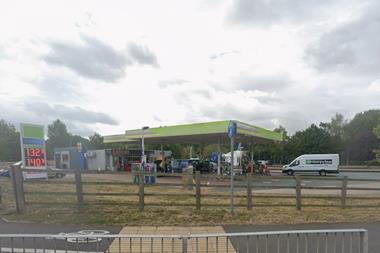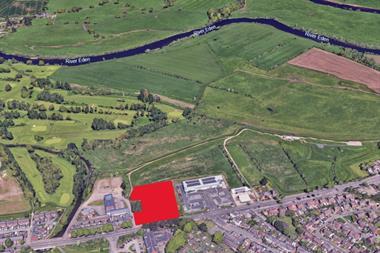
A local authority is warning all parties seeking planning approval that using AI can negatively impact their applications.
North Norfolk Council has a blanket policy that anyone seeking planning permission must declare whether AI was used to help create any documents, images or videos related to their submission and, if so, where precisely it was used.
The council says that while AI can support applications “positively” when it is “used effectively and transparently”, some large language models (LLM) have “been trained to produce longer answers to demonstrate their intelligence”, and that this can produce “AI-driven bulking” which can “adversely impact the ability of decision makers to reach conclusions on planning”.
The council warns that the unfettered use of AI in planning will also “likely have an adverse impact on the public’s ability to participate in the planning process”. North Norfolk warns such occurrences are “not a desirable outcome for any participant in the planning process”.
In addition to declaring whether AI has been used to generate written planning documents, North Norfolk requires applicants to declare if AI has been used to alter or improve any applications.
The council also requires declarations if any “images or video of people, property, objects or places” have been “created or altered using AI”, while requiring applicants to precisely stipulate where the technology has been used. Anyone using AI must also “accept full responsibility for the “factual accuracy of the content”.
The council acknowledges, though, that AI has been “silently integrated” into many aspects of software, and applicants are not required “to declare their use of traditional AI technology such as Microsoft grammar and spellcheck functions”, with the guidance only referring to generative AI.
North Norfolk’s AI declaration echoes a policy introduced by the Planning Inspectorate in late 2024. The central government body, which is responsible for planning apeals and large infrastructure projects, requires all those submitting documentation to clearly state if AI has been deployed, while also requiring a declaration that any use of AI is “responsible and lawful”.
This AI policy detail came to light in a planning application by MFG, which submitted a declaration it had not used AI in an application to knock down and rebuild a forecourt shop in Fakenham, Norfolk.
The Clipbush Lane Morrisons site on the A1067 will feature a new sales building complete with green roof and solar panels, while the project will also involve the removal of an old car wash and the installation of new air/water and vacuum machines.
































